This path-breaking study of Muslim women in India seeks to dispel popular misperceptions and stereotypes regarding their status, as well as to seriously engage with academic debates on gender and Islam. The data and interpretative analysis presented here are based on the first-ever national survey of 10,000 Muslim and Hindu women in India, covering a range of issues from education, work, socio-economic status, and marriage to decision-making, autonomy, mobility, domestic violence, access to welfare, and political participation. The volume throws light on the question of opportunities, discrimination, and structural disadvantage; on the intersection of gender, class, and patriarchy in the creation of inequalities and subordination; on the startling similarities, as well as glaring disparities, within and between communities, and between Muslim and Hindu women; and on the impact of government policies and programmes on any improvement in the status of Muslim women. Disputing the commonly held view that Islam is responsible for everything from poverty and unemployment to marriage, divorce, and education, Hasan and Menon argue that the focus on religion as the primary determinant has obscured the importance of other critical factors such as location, class, and positive social development on the status of Muslim women. They suggest that a more deliberate engagement with the secular discourses of development and empowerment enables us to address the structural forms of institutionalized inequality that perpetuate social and gender injustice, as well as to look for constructive affirmative action.
Out of Line: A Personal and Political Biography of Nayantara Sahgal
The finest literary and ...
$33.30
$37.00

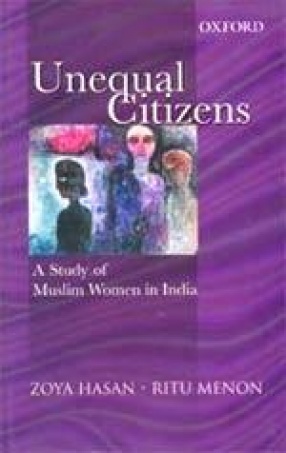
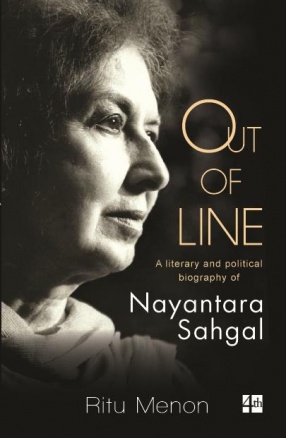

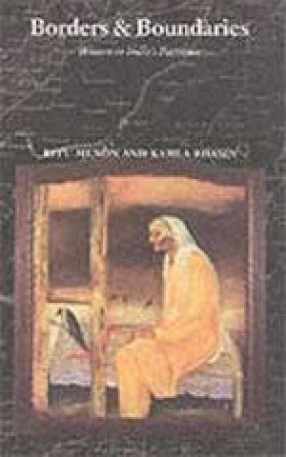
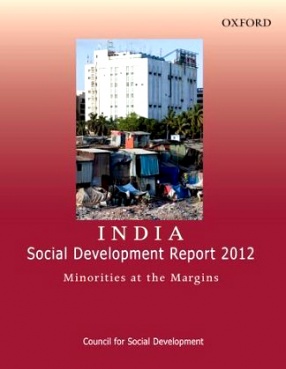
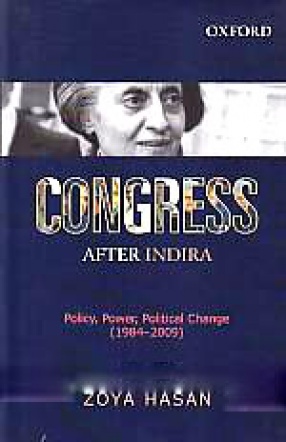
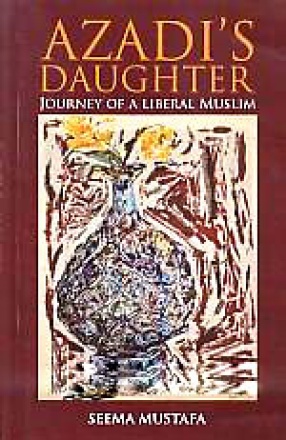
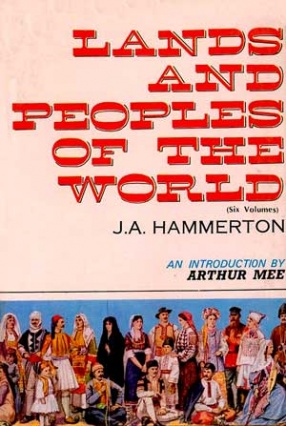

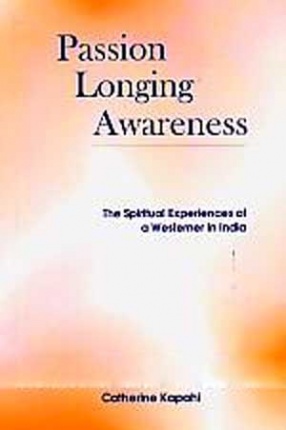
There are no reviews yet.